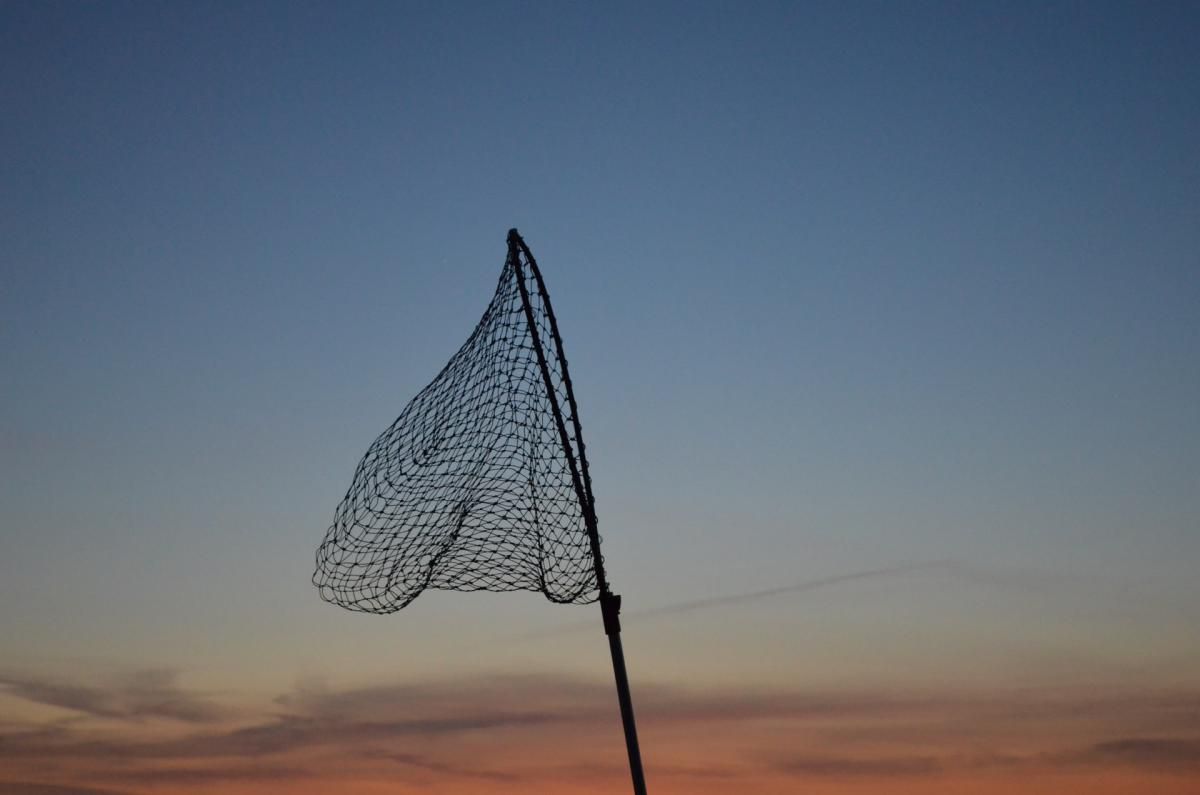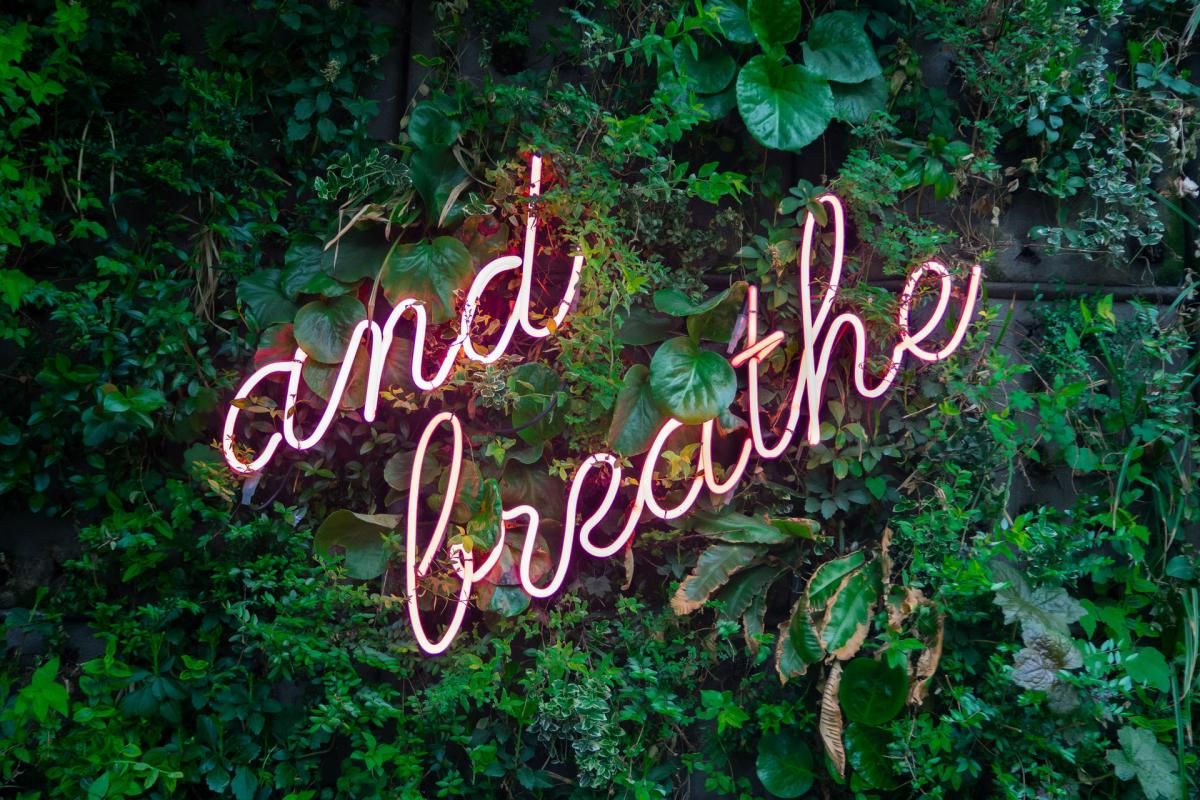How British wildlife is suffering
Almost 1,500 species in Great Britain are now at risk of being lost completely, with an average decline of 19% since 1970, making the UK one of the most nature-depleted places in the world. With such a vibrant range of native wildlife species and habitats, it’s devastating to consider that we might lose these forever.
Invertebrate species are found in 13% fewer places now than in 1970, with strong declines in insect groups with important roles, like bees and hoverflies.
More than half of the plants in Great Britain have been lost from areas where they used to thrive, and only one in seven (14%) of the UK’s important habitats for wildlife were found to be in good condition. Farmland bird species in the UK have fallen by more than a half since 1970.


